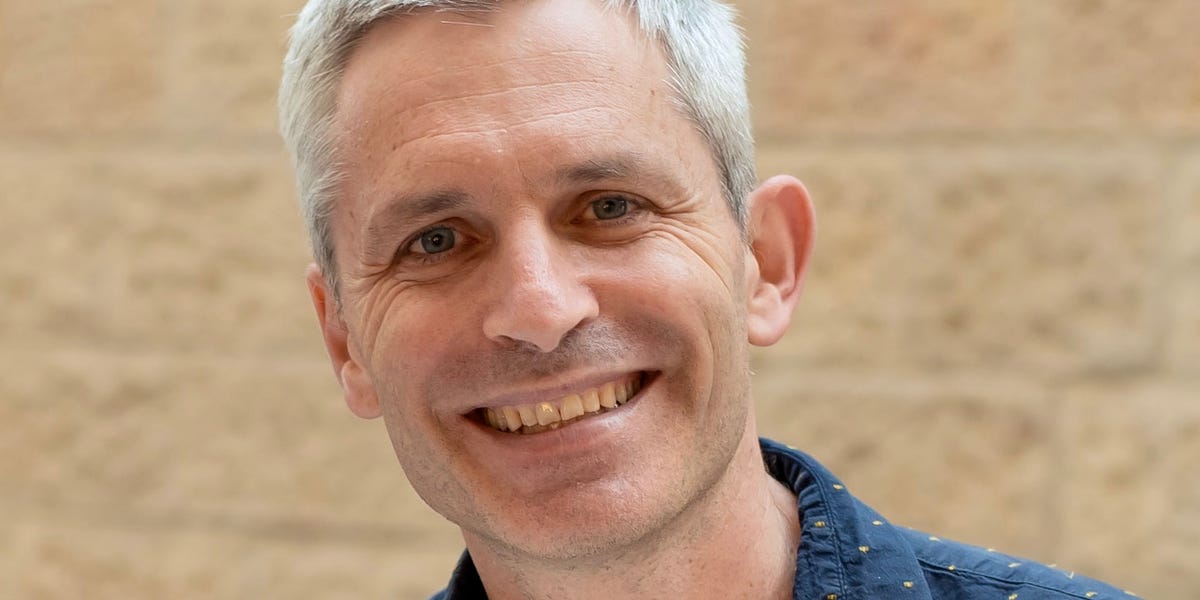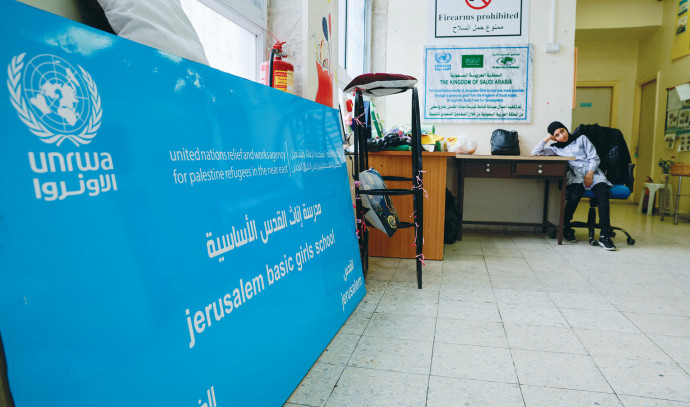Roudy
Diamond Member
- Mar 16, 2012
- 59,568
- 17,869
- 2,180
Go wipe your Gaza and flush the Mohammad down the Palestine, your lies aren't working (not that they ever did), all that you're getting is Americans to hate you even more.Hamas didn’t start it you fool. Learn the history before posting stupid threads.




